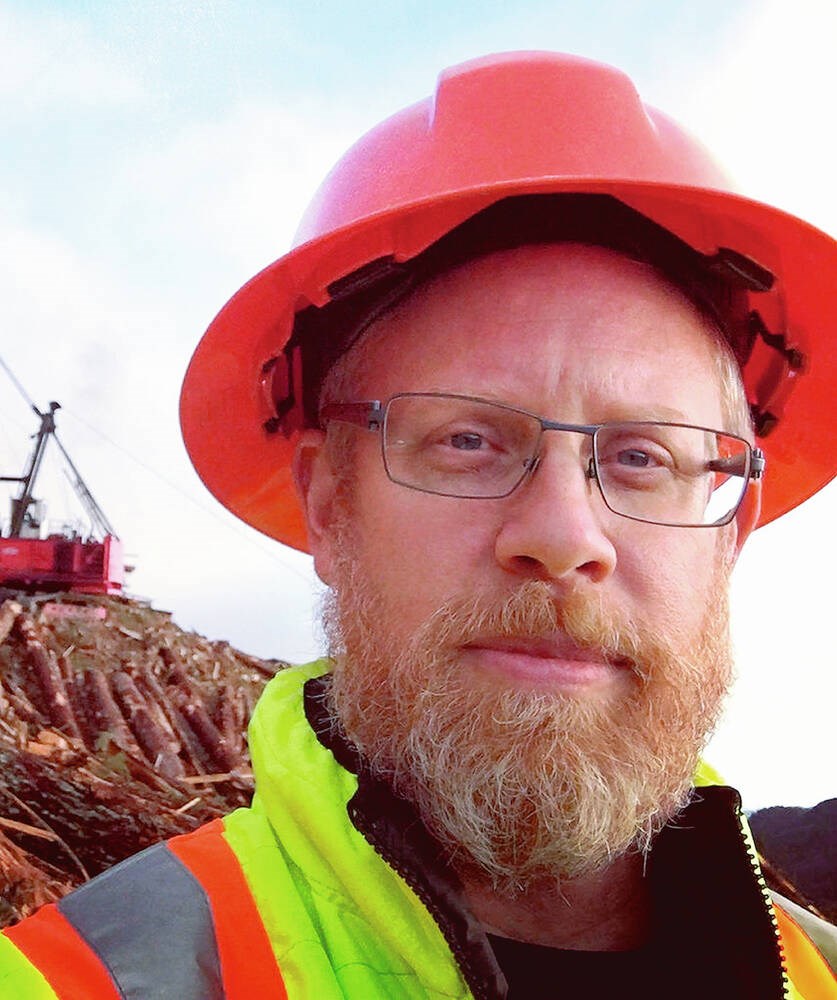It’s hard to predict the level of interest from buyers for the San Group’s sawmills and manufacturing plants on Vancouver Island and in Langley, given the uncertain economic climate, says a sa国际传媒 forestry consultant.
Land, facilities and equipment in Port Alberni and on the Lower Mainland will be attractive to some purchasers, said David Elstone, a professional forester and business analyst who is managing director of Spar Tree Group of North Vancouver.
But the bigger question is whether buyers would be interested in continuing forest-sector operations or would consider the land more valuable for another kind of use, Elstone said Friday.
The San Group sought creditor protection in late November in the face of claims of well over $150 million.
The Royal Bank of sa国际传媒’s claims total about $110 million, while the Business Development Bank of sa国际传媒 has a claim of about $40 million, the lawyer for monitor Deloitte Restructuring Inc. said this week in sa国际传媒 Supreme Court.
The creditor list also includes Canadian Western Bank, which has priority over certain assets, and hundreds of other companies and individuals, who are mainly unsecured. The province is seeking $22 million in unpaid stumpage fees, and has placed liens on the company’s properties.
An order allowing San Group’s assets to be sold by the monitor was approved this week in court in Vancouver.
The monitor plans to split assets into parcels to help move them.
All together, the company’s land holdings were assessed at $48.3 million in October 2023 and the book value of other assets — such as wood-processing machines and systems, trucks, excavators and construction equipment — came to $89.8 million, the court heard earlier.
Assets in Port Alberni include sawmills designed to handle large and smaller logs and a large remanufacturing plant.
The Langley-based company was founded by Sukhjit Singh Sanghera, Kamaljit Singh Sanghera and Iqbal Deol.
Anyone who purchases San Group assets would want to have forest tenure, Elstone said. One of the company’s weaknesses was that it did not control the supply of timber, which forced it to turn to the open market to buy logs at a time when fibre was in short supply.
The company curtailed operations at its Alberni mills and remanufacturing plant prior to going into creditor protection.
One option is for First Nations with tenure on land for logging to be potential operators or partners in the San Group assets, Elstone said. “Maybe this is a potential opportunity to do something with the timber they have access to.”
Elstone said he can imagine a small- to medium-sized company going into a partnership with a First Nation to harvest timber and move the product up the value-added chain.
At the same time, a “very, very dark cloud” is on the horizon as U.S. president-elect Donald Trump threatens to impose a 25 per cent tariff on Canadian goods. Softwood lumber duties of 14.5 per cent are expected to double this year, Elstone said. “So whoever looks at these assets will have to factor that in.”
A large portion of the San Group’s asset production would be destined for the U.S. market, said Elstone, who suspects the sector will experience some curtailments or closures. “The entire province is seriously under threat.”
Some businesses, however, may be looking beyond the short term and seeking to be positioned for better economic conditions in the future, said Elstone.
He said San Group relied mainly on cedar and developed a variety of products through remanufacturing for the retail market.
“Good on them for trying to make that happen,” he said, noting that the province is encouraging value-added manufacturing.
Forests Minister Ravi Parmar announced a review this week of sa国际传媒 Timber Sales, the provincial body managing 20 per cent of sa国际传媒’s public timber supply, to find ways to deliver predictable market access to fibre, diversify access to fibre for the manufacturing sector, including value-added plants, and create stronger First Nation partnerships.
sa国际传媒 is also investing up to $5.1 million to support forest-product manufacturers by encouraging them to be innovative and expand into leading-edge, quality wood products and bio-materials, said Diana Gibson, minister of Jobs and Economic Development and Innovation.
“Using available fibre wisely is an important part of sa国际传媒’s plan for sustainable forestry,” she said.
>>> To comment on this article, write a letter to the editor: [email protected]



